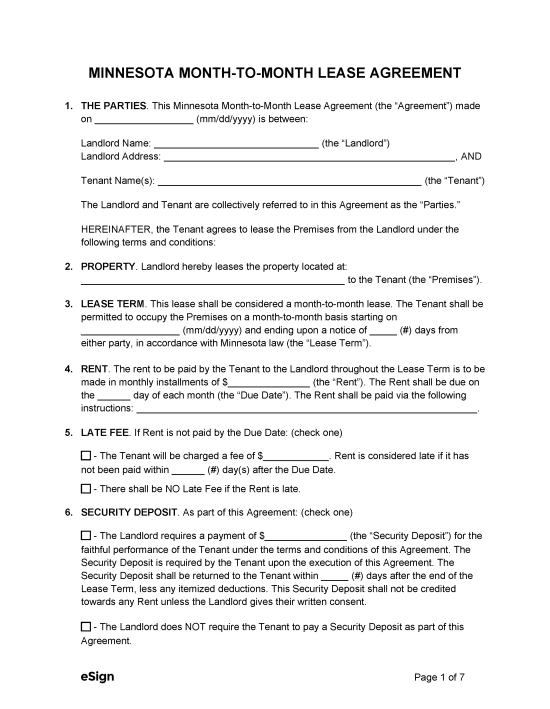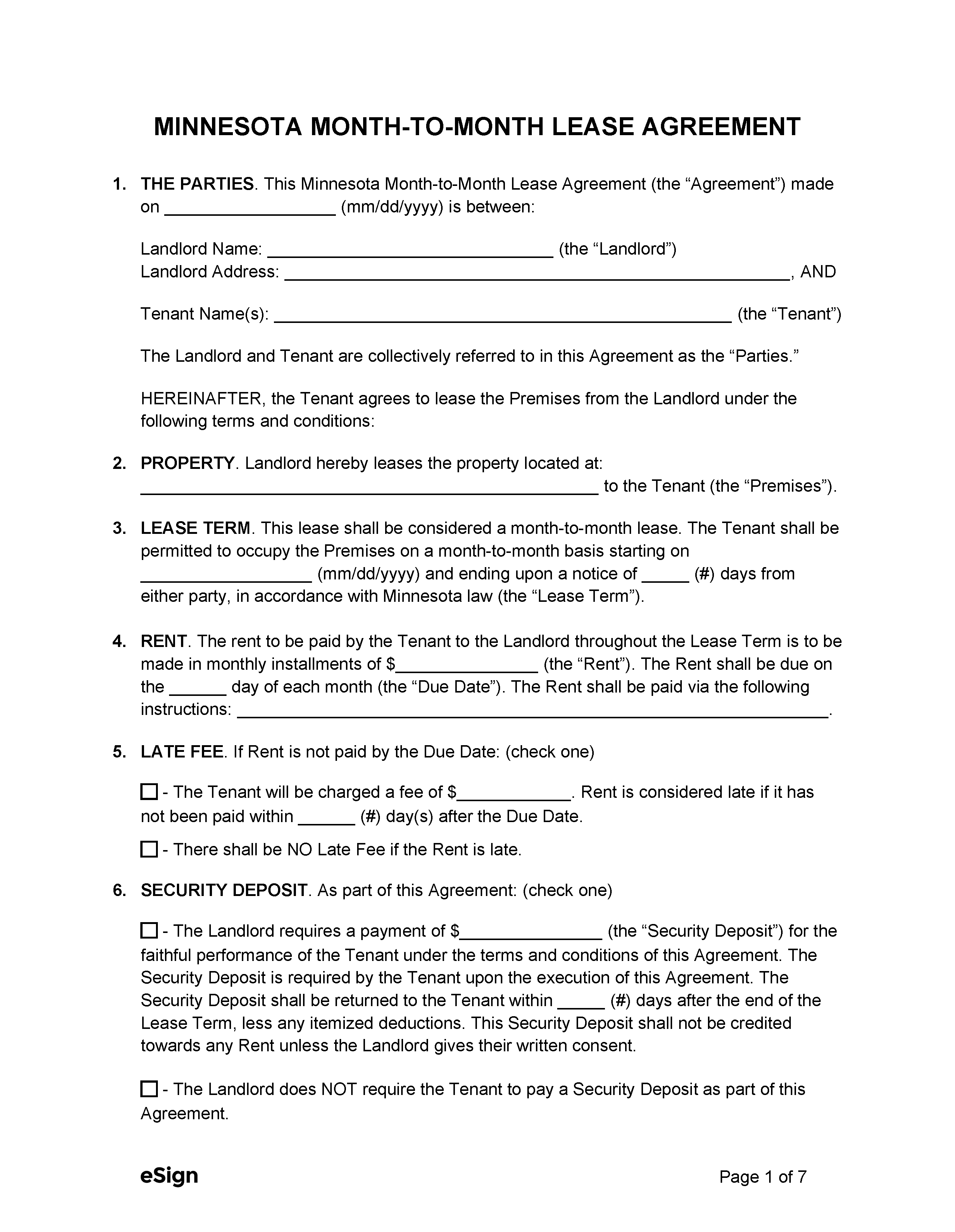Rental Application – An application form is often used by landlords to determine the eligibility of lease applicants.
Month-to-Month Lease Laws
Required Disclosures (5)
- Financial Distress – Upon receiving notice of a contract deed of cancellation or mortgage foreclosure notice, the landlord must immediately notify their tenants.[3]
- Landlord/Manager Information – The names and addresses of the person authorized to manage the property and the landlord or their agent must be provided to tenants.[4]
- Lead-Based Paint Disclosure (PDF) – Landlords of property built prior to 1978 must disclose to all prospective tenants the possibility of exposure to lead-based paint.[5]
- Notice of Tenant’s Rights (PDF) – Tenants must be notified by landlords that the Landlords and Tenants Rights and Responsibilities Handbook is available to them.[6]
- Outstanding Inspection Orders – If the landlord receives a citation for a violation that could affect the health and safety of tenants, they must provide a copy of the outstanding inspection order. If the violations do not affect the tenant’s health and safety, a notice summarizing the inspection order must be posted on the property.[7]

